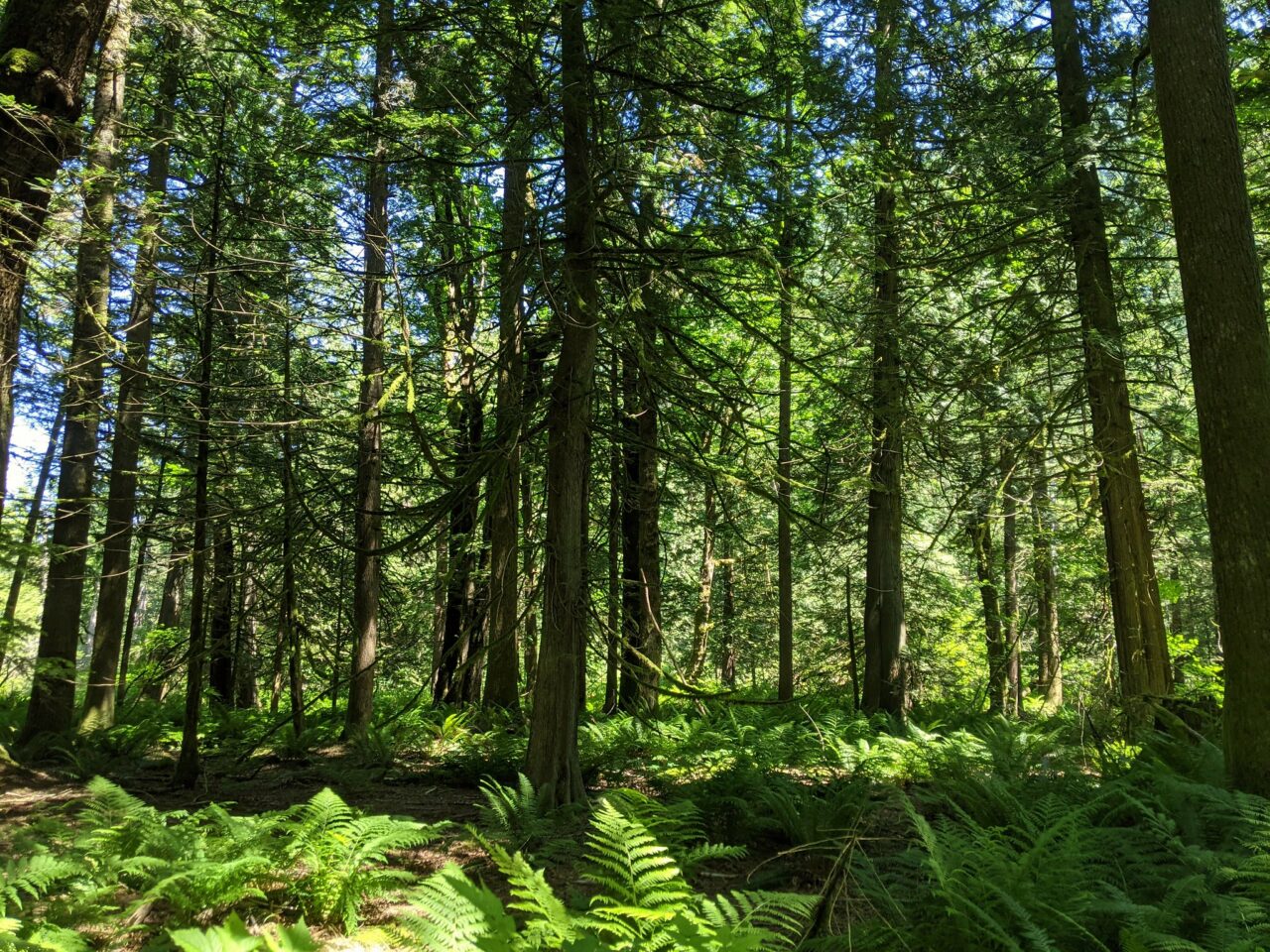ReWilders
The Earthbody Institute
07 Feb 2022

With numbers of people suffering from mental health disorders at an all time high and ever-worsening statistics on environmental degradation and climate change, it is evident that we are living in a double crisis. As Curious.Earth puts it, “Our minds are as polluted as our rivers. Our resilience depleting like ice caps. Our thoughts more cluttered than landfill.”
Is it possible these phonema are more connected than we think? Arguably so. The more disconnected we become from Mother Nature, the more she suffers at our hands. Equally, studies have shown that the more that Nature is removed from our lives, the greater the toll on our wellbeing. What this undoubtedly tells us is that we need Nature and she needs us.
This is where Ecotherapy steps in, also known as nature therapy or green therapy, and is centered around the notion that humans are deeply connected to their environment and the earth itself. As such, it is thought that failing to nurture this connection can take a toll on our well-being, especially our mental health.
As we find ourselves facing long periods of isolation and endless hours on our screens, more people than ever are turning to Ecotherapy. As one study reads,“Ecotherapy helps in conversion of loneliness to solidarity, the ability to be at peace with ourselves and our loved ones, beyond digitalization and the social noise.”
What does Ecotherapy look like?
Whilst there is no official definition for ecotherapy, according to the mental health charity Mind, it encompasses the following elements, it is led by trained professionals (sometimes therapists) who are there to support you. Focuses on doing an activity, rather than on your health. Takes place in a green environment. Is related to exploring and appreciating the natural world. Involves spending time with other people, although you can always choose to interact at your own pace.
The programme of ecotherapy involves a wide range of nature-based methods of psychological healing, such as community gardening, wilderness or adventure therapy, forest bathing and animal-assisted therapy.
An integral part of ecotherapy is establishing a two-way relationship with Nature. Thus, it is not uncommon for practices to involve giving back to the environment in some way, whether that is through planting trees or restoring ecosystems. This has also been shown to be very helpful in combating so called “eco-anxiety” – a chronic fear of environmental doom.
What do the scientists say?
As one study in particular points out, at a time of increasing disconnectedness from nature, scientific interest in the potential health benefits of nature contact has grown. In fact, countless studies have been carried out which attest to the fact that ecotherapy is beneficial for your physical and mental health.
Results show that time spent in Nature is proven to lower anxiety, counter depression and improve blood pressure, immune function and sleep, amongst a host of other benefits. With such promising clinical results, so called “Green Prescriptions” – the use of physical activity as part of a patient’s health management plan – are on the rise throughout the US and many other countries worldwide.
Why not join in on the movement?
There are some amazing organisations who are striving to address our imbalance with Nature and heal us in the process. Click on their book links below to discover more about their work.
1. Ecotherapy: Healing with Nature in Mind by Craig Chalquist and Linda Buzzell
2. Ecotherapy: Theory, Research and Practice by Joe Hinds and Martin Jordan
3. Ecopsycology: Restoring the Earth, Healing the Mind by Allen D. Kanner

0%